The long-awaited third edition of Judith DeCava’s classic reference is finally here. Featuring a revised introduction as well as a new chapter from the author, this deeply researched guide is essential reading for any serious student of nutrition.
Can synthetic supplements simulate the actions of true vitamins? Are unnatural, synthetic supplements—including almost every “vitamin” at the health food store—identical to the nutrients found in real, whole food? If you don’t know the answers to these questions, read this book. If you do know but don’t know why, read this book.
Chapter by chapter, respected clinical nutritionist and health researcher Judith DeCava spotlights each major vitamin: Its historical discovery. Its full composition. The symptoms associated with a deficiency of any particular vitamin complex, as well as how those complexes work together synergistically within the body. DeCava also talks about studies that show the slowly evolving progress of scientific thinking on nutritional imitations and parts.
For example, in her analysis of vitamin C, DeCava explains that natural vitamin C is a complex of compounds, only one of which is ascorbic acid, that work together to deliver a nutritive effect. On the other hand, synthetic vitamin C provides the body with only one of those compounds: ascorbic acid. Yet the makers and marketers of synthetic supplements would have us believe that ascorbic acid is somehow equal to the entire vitamin complex.
“Whole Versus Parts,” the new chapter in this expanded edition, was originally published in DeCava’s Nutrition News and Views newsletter and is now widely available for the first time here. This new material includes a discussion of how isolated nutrients cannot supplement a diet of refined and over-processed foods. Rather, it is the synergistic nutrients in whole foods that provide true health benefits.
Says acclaimed health expert Mark R. Anderson, “For more than twenty-five years, Judith De Cava has been a voice of sanity, science, and salience in her writings on nutrition. She has fought through the hype and clamor that overwhelms so much of the field of nutrition and natural therapeutics. Her guiding principle—that whole foods make whole people—always informs her research and writings, working to expose a food industry that has deceived the world for more than a hundred years. She knows her history and illuminates the distortions of fundamental fact that have created the unhealthiest civilization in history.”
From Amazon Customer Reviews:
“This book was well researched and very informative, and contains information that I think would benefit many people. To be honest, I bought the book because I’ve noticed for years that I don’t feel well when I take vitamins. I also notice that nowadays, it seems that hoards of people are taking loads of vitamins, and they are often recommended in books about nutrition that I read (which has made me a little suspicious, to be honest). I have the feeling that vitamins have a bit of a “halo effect” in our society. The author explains, however, why it is far better to eat whole foods for nutrition rather than synthetic, fractionated vitamins. One of the many problems is that vitamins function very differently in the body when they are isolated; whereas in real, whole foods, various vitamins, minerals, enzymes and co-factors work together in a synergistic fashion. In other words, isolating single vitamins, as is done with pills, can cause major imbalances in the body, with even more problems than a low-grade deficiency of that vitamin would have caused.
The author also explains how the body is naturally able to take the vitamins it needs from whole foods and excrete the rest, whereas when vitamins are fractionated and separated from all the other elements and co-factors (as they are when they appear in the form of vitamin pills)- the body is unable to do this efficiently. In fact, the body reacts to synthetic vitamins as if they were a toxic substance, and tries to excrete them as quickly as possible! I learned a lot by reading this book. It is well researched, well written, well explained and easy to understand.”
—Morgana


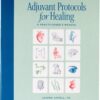
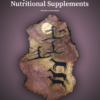

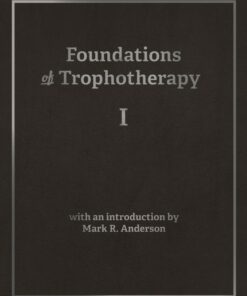
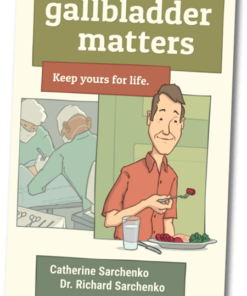

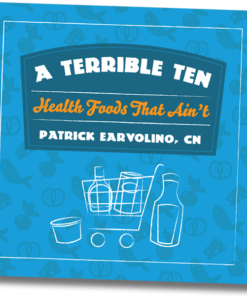
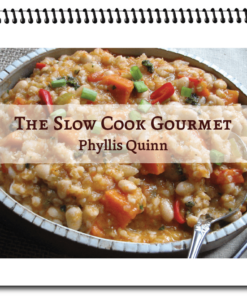
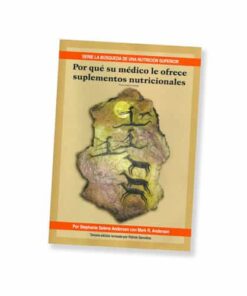
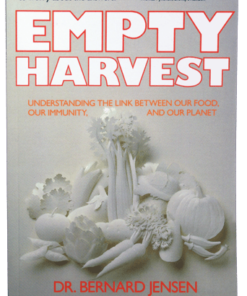
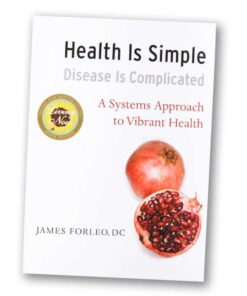
Reviews
There are no reviews yet.